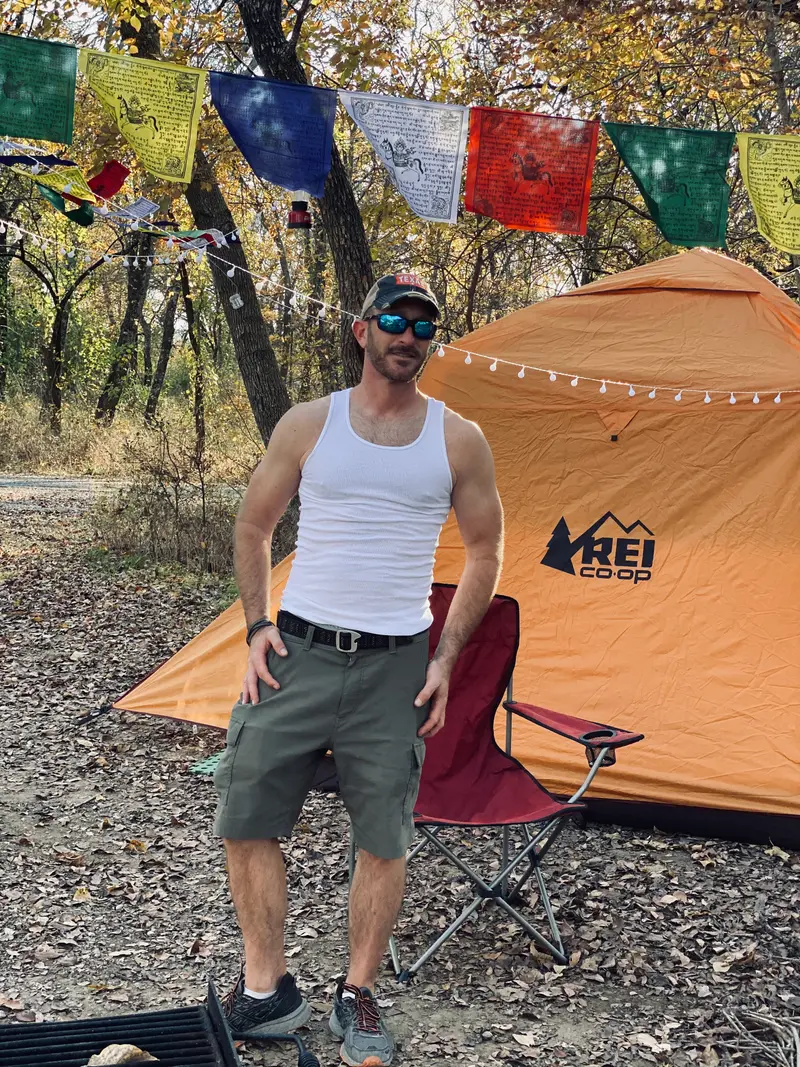Camping
Published January 2, 2024
Big Bend, Texas
This is an excerpt from a larger list, where I give various activities a Sober Fun rating of 1-10. Entries from this list are scattered throughout my website, or you can find that complete list HERE.
**************************
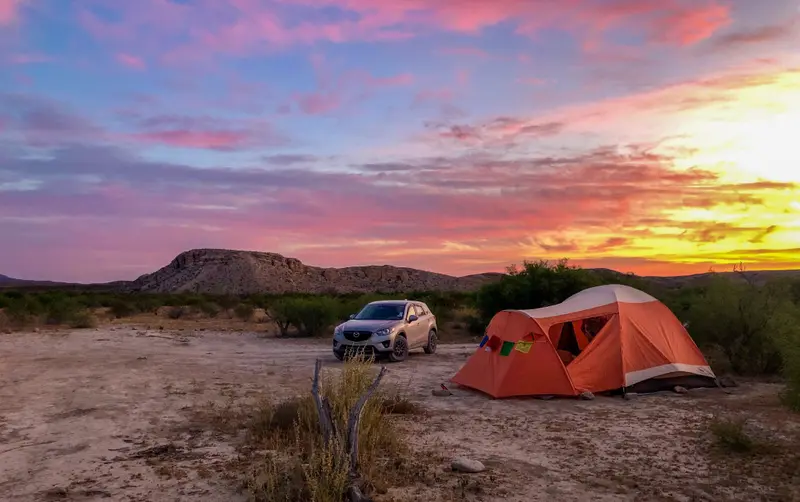
CAMPING: 8
Uh oh, this is another real tricky one to rate, and not just because “camping” can mean such wildly different things to so many different people. Depending on where you are and who you ask, the specifics of what qualifies as camping can vary so drastically, that you might quickly discover you are in no way talking about the same thing. This has happened to me on more than one occasion, where a person (or a brochure) has used the word “camping,” and I have come prepared for something entirely different than what I should have. All because I had a different definition of camping, and imagined a completely different scenario from what was actually happening. To me, camping traditionally involves a pitched tent and a campfire. Running water and electricity might be somewhere nearby, but if your “tent” has running water, electricity, air conditioning, and a western toilet, how is that camping?
It isn’t. Stop calling it that, just because it’s in a remote location. When you do that, it causes me to pack real camping gear, and bring a bunch of stuff that is totally ridiculous and unnecessary if our “tent” has a fireplace and a wingback chair. We won’t be needing my Jetboil and MRE packets if the “camping” experience comes with a private chef, now will we?
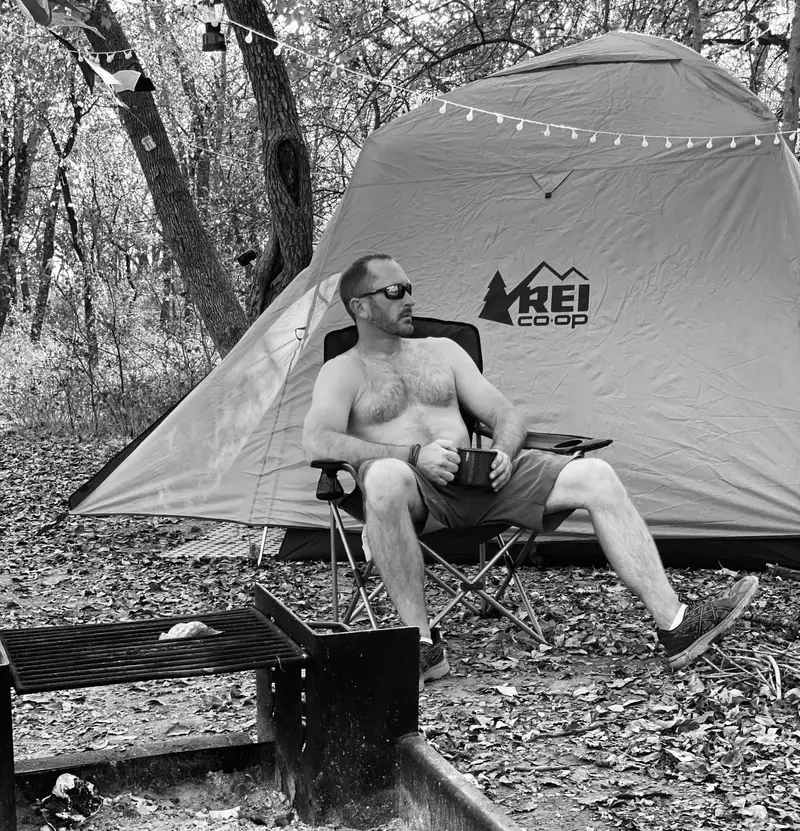
But this huge disparity between what is and isn’t considered camping is still in no way what determines my qualifications for whether it’s a good sober activity. I have had a great time “camping” in Africa with accommodations so luxurious, and so opulent, that I literally felt underdressed each night at our white tablecloth dinners, and I have had just as much fun camping in the middle of Big Bend with nothing but a bear box, a tiny tent, and a poop hole we dug in the ground.
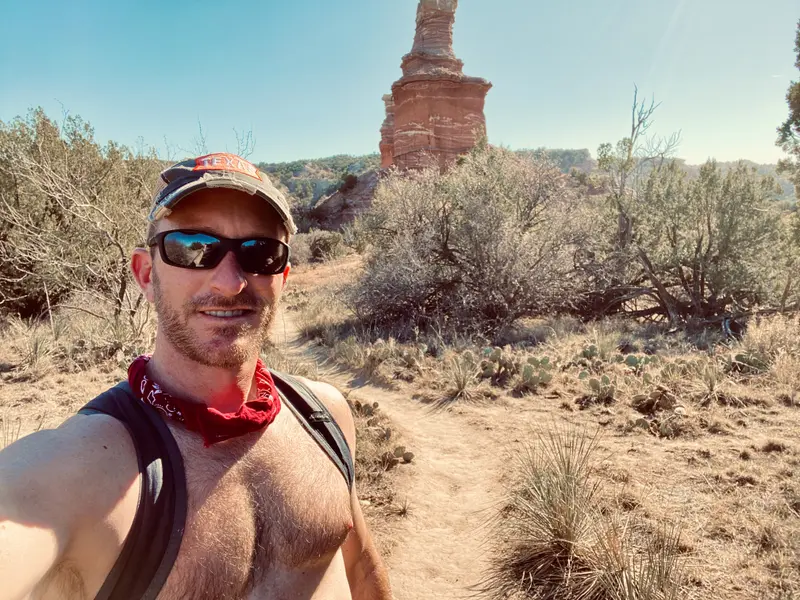
I have camped on the sides of rivers, where the only gear we could bring had to fit inside a small canoe, and I have camped on the Inca Trail, where an entire team of porters lugged enough stuff ahead of us to build a small tent community, complete with an impromptu kitchen and restaurant.
In the Himalayas, what they call “tea houses,”— although they sound lovely— are much more akin to the most rudimentary and primitive lodgings one could possibly imagine, and in the Wadi Rum and Sahara, what they called “camping” is a much closer relative of what we might call a boutique hotel. But at the end of the day, none of this has any forbearance on whether or not I think that camping is a good idea for someone in sobriety.
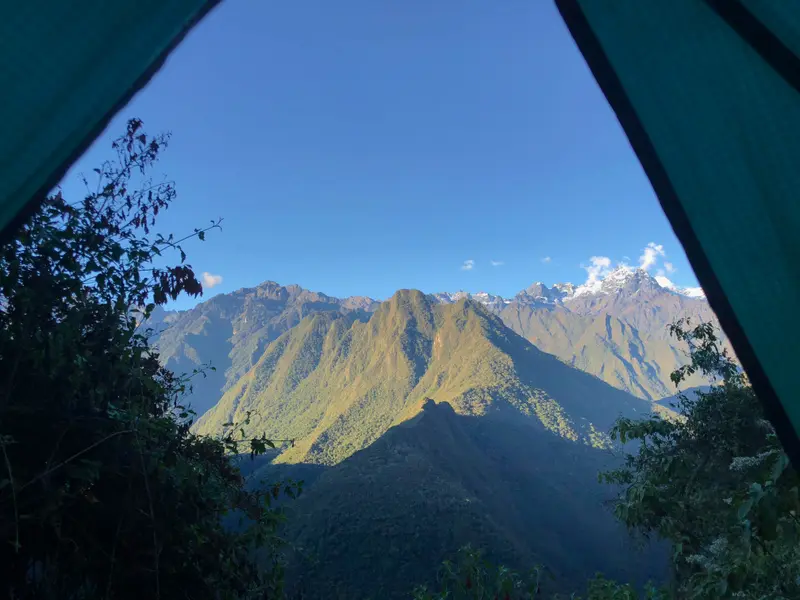
What it all comes down to, for me, is what is the point of the camping, and what— if any— are the evening’s planned activities?
If the idea was just to go out to a campground, pitch a tent, and then binge drink for the whole afternoon, evening, and night, then you can count me out. Even when there is some semblance of a campfire meal planned, if I get the sense that the real agenda for the gathering is just to get shit-faced in the woods or desert, then I will most likely decline the invitation. Especially if this “activity” is scheduled to last for more than just a single evening.
Ugh. Similar to what I’ve mentioned about how a party boat can make you feel like you’re trapped on a floating bar, likewise, a camping trip with a bunch of heavy drinkers can make you feel like you’re trapped at a bar in the wilderness. The main similarity here, in both scenarios, is that leaving on your own accord might not be possible, due to the circumstances of the situation, or the remoteness of the location. Your sponsor would probably tell you unequivocally that going to a bar might not be a good idea for someone in recovery, at least not early on, but what he might fail to mention is that a “bar” can take many shapes and forms. You sometimes learn this the hard way, along with the importance of avoiding situations that you cannot easily extricate yourself from, should the need arise.
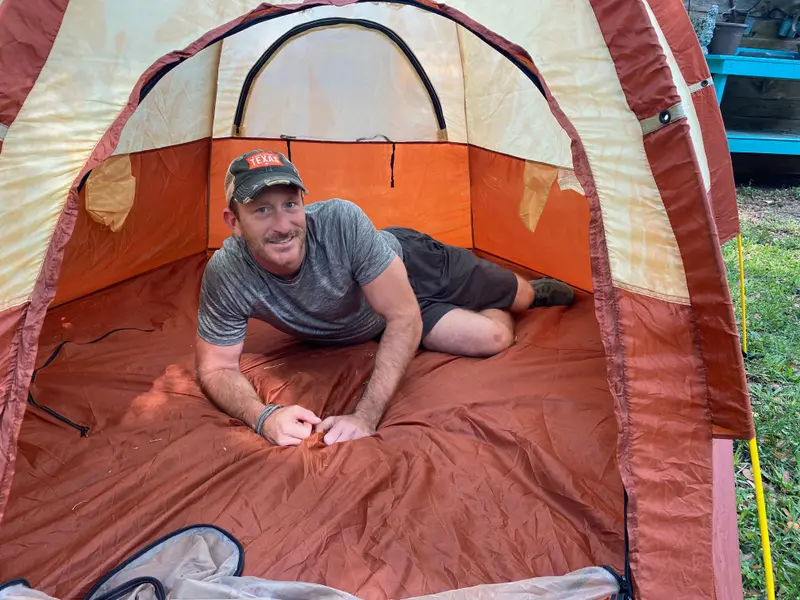
So whether you are pooping in a desert hole, or have a team of handmaids throwing rose petals onto your bed each night and twisting your bath towels into swans (I’m thinking of Madikwe in South Africa, no joke), I am of the opinion that “camping” can be a very rewarding experience for a person in sobriety. Furthermore, I have come to define “camping” very, very, broadly, as simply any location where your sleeping arrangements are unusual, and different in some meaningful way from what is typically offered at a hotel. So, with this very loose and intentionally vague definition in mind, the determination once again comes down to:
Why are you there, and what activity is planned for the greater part of each evening?
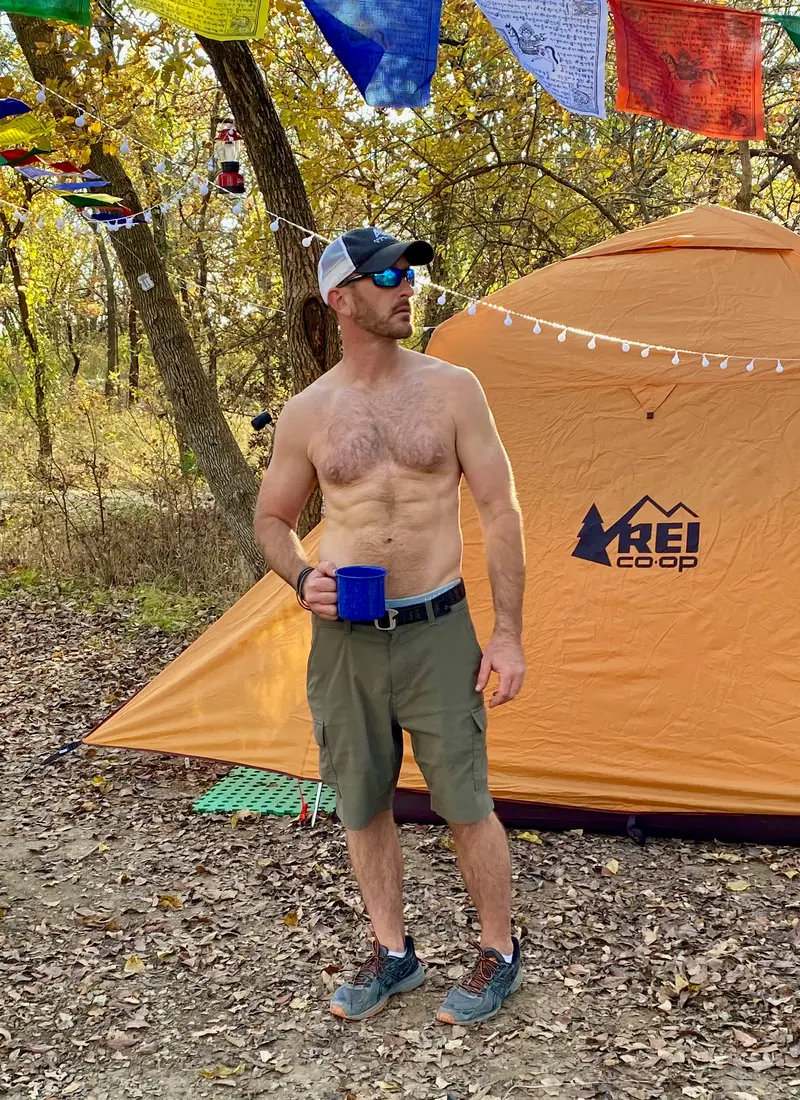
If you start to suspect it’s probably just lots and lots of heavy drinking, then I think you have your answer. For example, if you notice that there's only one small grocery bag full of Doritos in attendance, but four huge coolers are being packed into the car and not a single one appears to contain any food then, again, I think you have your answer.
But if your camping trip, in whatever form it might take, seems to be centered around enjoying nature, wildlife, and the outdoors in a new and exciting way, then I say go for it, and camping gets a solid Sober Fun rating from me of 8.
(Note: I am not counting swans made from bath towels as wildlife.)
